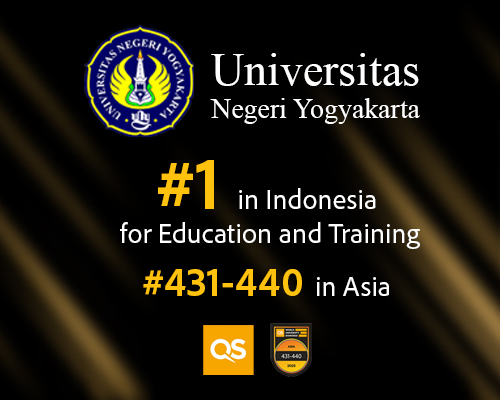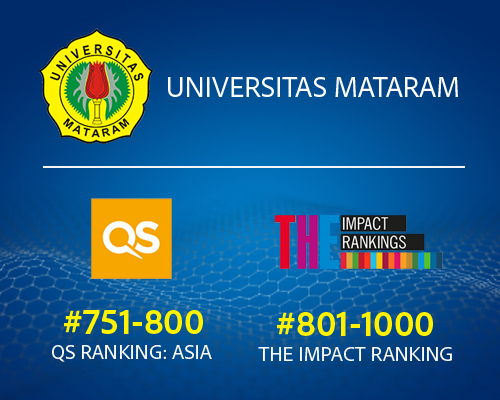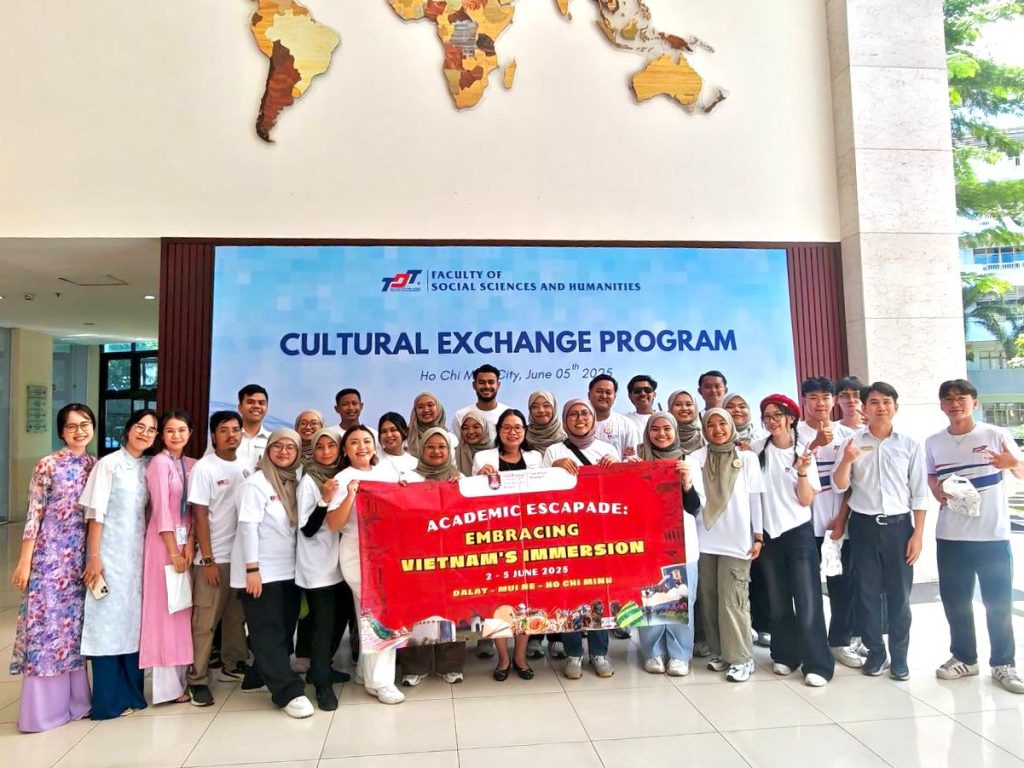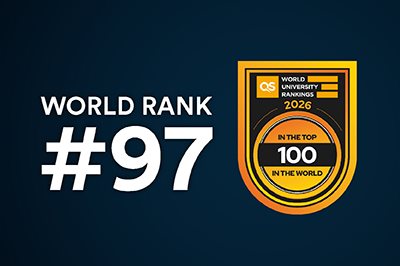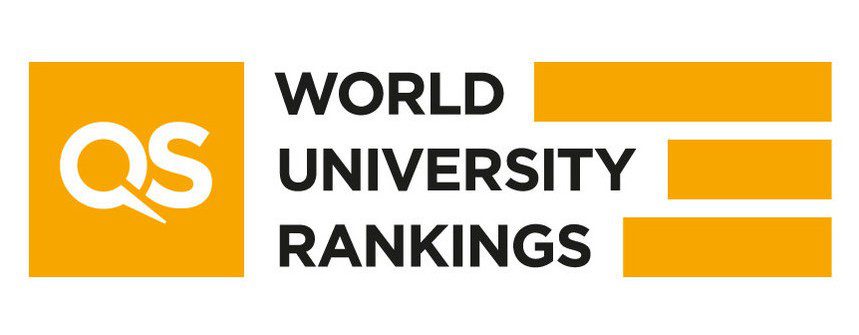When 20 hospitality students from Universiti Teknologi MARA (UiTM) embarked on their journey to Vietnam this June, they carried more than just academic curiosity—they brought a commitment to sustainability and global citizenship that would define their transformative three-day experience. This wasn’t merely a study tour; it was a living laboratory where classroom theories met real-world challenges across Vietnam’s vibrant tourism landscape.
FPHP Students Engage in SULAM-Focused Academic Visit to Vietnam, Championing Sustainability and Global Citizenship
From 7 to 9 June 2025, students from the Faculty of Hotel and Tourism Management (FPHP) successfully completed an academic visit spanning three diverse Vietnamese destinations. Moreover, this initiative operated under the University Social Responsibility (USR) framework and the Service Learning Malaysia – University for Society (SULAM) programme, ensuring every activity aligned with meaningful social impact.
A Journey Through Vietnam’s Tourism Heartland
The carefully curated itinerary took students through Dalat, Mui Ne, and Ho Chi Minh City, each destination offering unique insights into Vietnam’s tourism ecosystem. Unlike traditional academic visits, this programme emphasized hands-on engagement with local communities and environments.
Students explored iconic landmarks including:
- Datanla Falls and its eco-tourism initiatives
- Lam Vien Square’s urban planning concepts
- Tuyen Lam Lake’s natural conservation efforts
- White Sand Dunes showcasing geological tourism
- Ben Thanh Night Market’s cultural commerce dynamics
Each location provided valuable exposure to Vietnam’s dynamic tourism landscape while highlighting sustainable practices that students could apply in their future careers.
Academic Collaboration Bridges Two Nations
The partnership with Ton Duc Thang University emerged as a cornerstone of the programme. This collaboration featured cultural exchanges, academic presentations, and joint community activities that enabled students to apply classroom knowledge in real-world settings.
Furthermore, this academic alliance directly supported Sustainable Development Goal (SDG) 4: Quality Education and SDG 17: Partnerships for the Goals. Students engaged in meaningful dialogue with their Vietnamese counterparts, sharing perspectives on hospitality management challenges across different cultural contexts.
Environmental Stewardship in Action
One particularly impactful initiative saw students participating in a community clean-up at the Noorul Ehsaan Mosque in Dalat. This activity reinforced their commitment to environmental stewardship while supporting SDG 11 (Sustainable Cities and Communities) and SDG 13 (Climate Action).
“This hands-on environmental work demonstrated how tourism professionals can contribute to climate action while respecting local religious and cultural sites,” reflected one participating student.
On the flip side, this experience challenged students to consider how sustainable tourism practices can be integrated into everyday hospitality operations, moving beyond theoretical knowledge to practical application.
Cultivating Global Citizens Through Service Learning
The SULAM framework ensured that every aspect of the visit contributed to developing responsible global citizens. Students didn’t simply observe Vietnamese tourism practices—they actively participated in community improvement initiatives and cross-cultural dialogue.
This approach aligns with UiTM’s mission to nurture holistic, future-ready graduates through experiential and socially impactful learning. Additionally, the programme demonstrated how international engagement can broaden academic and professional perspectives while maintaining strong ethical foundations.
The United Nations Sustainable Development Goals provided a framework for measuring the programme’s impact beyond traditional academic metrics, ensuring students understood their role in addressing global challenges.
Preparing Tomorrow’s Hospitality Leaders
This international engagement represents more than cultural exchange—it’s a strategic investment in developing hospitality professionals who understand their industry’s global responsibilities. Students returned with enhanced intercultural competence, environmental awareness, and a deeper appreciation for sustainable tourism development.
The three-day programme successfully demonstrated how academic institutions can leverage international partnerships to create meaningful learning experiences that benefit students, communities, and the broader tourism industry. Through combining theoretical knowledge with practical application, these future hospitality leaders are better equipped to navigate an increasingly interconnected and environmentally conscious world.


